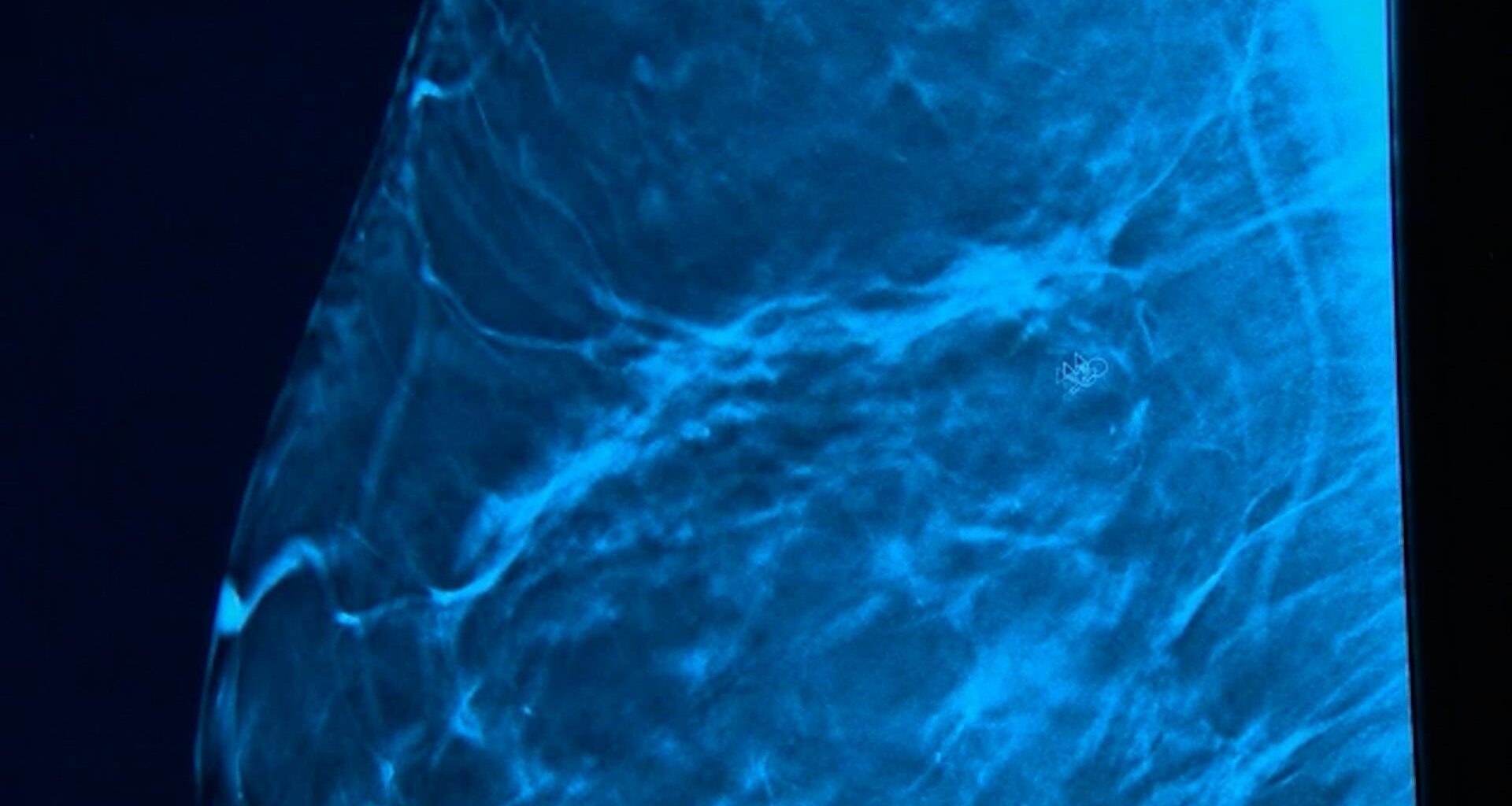BOWLING GREEN, Ky. – Today is World Breast Cancer Research Day, and across the country, thousands of women receive the terrible news that they have breast cancer.
But much has changed over the years as breast cancer research has seen billions of dollars of funding and long strides have been made, even in just the past few years.
“You either got what we call a lumpectomy, which means you take the cancer itself out and leave the rest of the breast tissue in place. Or you got a mastectomy and that was everybody who got breast cancer. Nowadays, some of the surgeries have evolved, but also how we personalize your care to you. You might be one of those people based on the genetics of the cancer itself, that for all that we’ve known in the past, it wouldn’t have been quite as aggressive. But when we do the genetics of the cancer itself, it says, you know, you might have an increased risk that this breast cancer might come back later in your life. And because of that, we can treat you before even doing a surgery with medications,” said Dr. Sarath Palakodeti, a breast and cosmetic surgeon with Graves Gilbert Clinic.
But of course, every woman is unique and has a unique medical history. And with great strides being made in research, have come better care that have become more personalized to each woman and each case that they bring with them. While take a look at a persons genetics can help determine the risks one might carry, Palakodeti says not every woman needs genetic testing.
“These tests are, becoming more and more common. But do we need to do them on everybody? Absolutely not. One of the good things that we do at Graves Gilbert is your primary care physician. Your OB/GYN will do something called a risk assessment. And we do that early in a woman’s life. It used to be at age 40, everyone was doing a mammogram. And that was what you did to check to see if you have breast cancer. Nowadays, at age 35, we are doing something called a Tyra Cusick, risk assessment score that tells us, based on your family history, based on how dense your breasts are, what your risk is and how soon we need to, to screen you,” Palakodeti said.
But as research has grown so has technology with it, especially the use of artificial intelligence. The use of AI in cancer screenings and has shown promise with the ability to scan thousands of mammograms and look for abnormalities and inconsistencies in the breast tissue.
“The earlier that we catch it, the less that this is a death sentence. I often say that nowadays when we catch it early and when it’s not exactly an aggressive form of breast cancer, that this is something that you die with not from,” Palakodeti said.
But for now, he says, stay in touch with your medical history, especially if your family has a history of breast cancer, and talk to your doctor with any concerns that you might have and possibly come up with a plan of prevention if you do have a history of breast cancer.

